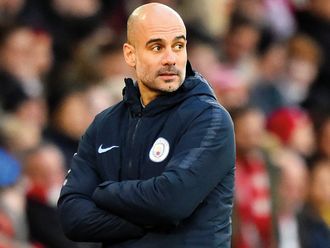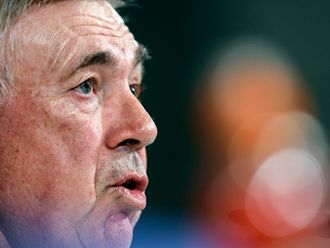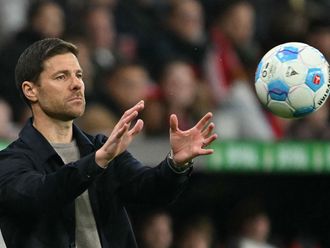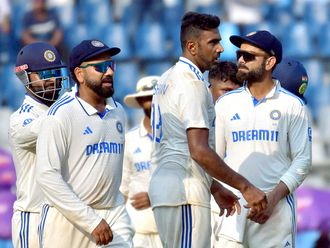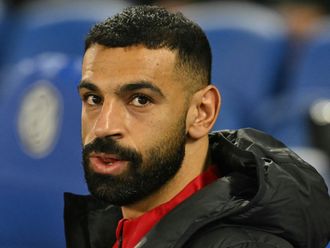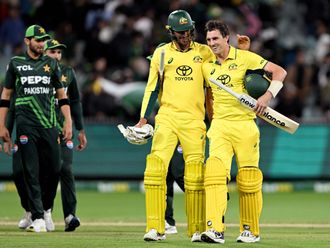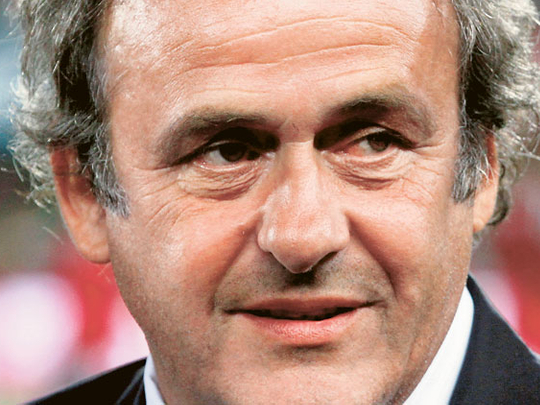
Geneva: Europe's 53 football countries will have the future and popularity of their national teams at the top of the agenda as a two-day summit meeting in Cyprus opened yesterday.
Uefa member federations are under pressure from influential clubs to play fewer matches by scrapping some international friendly dates and cutting the size of qualifying groups for the World Cup and European Championship.
Federation presidents and chief executives also will meet Europe's eight representatives on Fifa's 24-man executive committee four weeks before Fifa President Sepp Blatter unveils his detailed anti-corruption reforms to clean up world football.
First, Uefa President Michel Platini wants the brainstorming session in Limassol to help set priorities for his second four-year term in office, which he secured unopposed by acclaim last March.
Various topics
"I wanted to have the opportunity to reflect and to discuss with all the 53 member associations on the core issues affecting the future of European football," Platini said in a statement. "These two days are an excellent time to discuss openly, in a relaxed manner, around subjects like youth and women football, or the development of national teams competitions."
Platini is focusing on international football after he made reforming the club game the main goal of his busy first term.
The former France great pushed through "financial fair play" rules to curb club spending, helped create and fund the European Club Association, which has often challenged Blatter's authority, and revamped the Champions League and Europa League competitions.
Clubs made wealthier and more powerful by the Champions League also resent handing over their players for national team friendlies, and want June and August dates scrapped.
Financial future
Europe's federations are largely funded by the national team and want Platini to boost its status and secure their financial future. For this, they have handed Uefa centralised control of commercial rights to their qualifiers in hope of getting a better deal.
At Platini's request, Uefa also expanded the 16-nation European Championship to 24 teams from Euro 2016 onward.
Yet many commentators fear more teams means less drama in qualifying and poorer quality at the final tournament.



